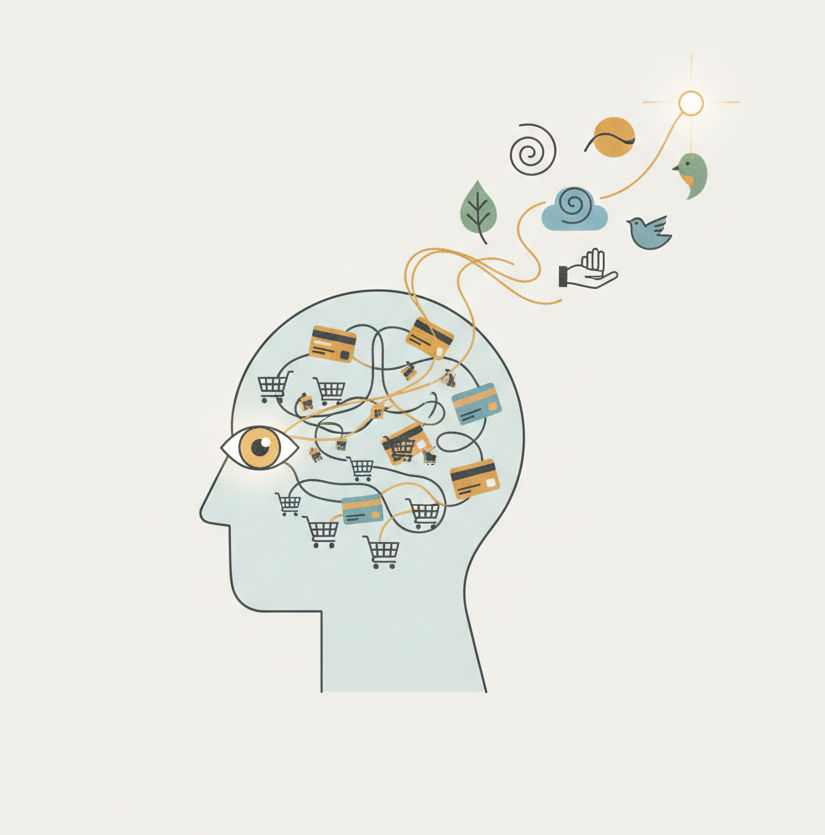Is there an objective fact to morality, or is it ever-changing like society?
- Nathaniel Varen
- Oct 26, 2025
- 3 min read
Imagine you find a phone lying on the ground. Someone must have dropped it without realizing. What would you do?
Most people would say the right thing to do is to return it to its owner, perhaps by checking the emergency contacts or handing it to the police. That is what our sense of morality tells us. Returning the phone seems like the “good” and “right” course of action.
But you could also choose the opposite path: keep the phone for yourself or sell it for a quick profit. After all, it’s money. In such moments, we face a small but significant test of our morality. The choice we make reflects who we are or at least, who we aspire to be.
When Morality Becomes Complex
We all want to be moral individuals. Yet, the question remains: what is morality, really? Is it a set of objective truths that apply to everyone, or is it something subjective, shaped by culture, society, and personal beliefs?
Many philosophers have debated whether moral statements describe universal facts or simply express human attitudes. In simpler terms: is morality something we discover, or something we invent?
In practice, moral questions are not always easy to answer. Returning a lost phone may seem obvious, but moral boundaries often blur when we move into more complex issues—those that exist in the “grey areas.”
On one end of the moral spectrum, we have actions like theft, which nearly everyone agrees are wrong. On the other, there are acts like murder or genocide, which are universally condemned. These extremes are easy to judge. But in between lies a vast field of moral ambiguity.
Take, for example, attitudes toward LGBTQ+ communities. In many Western countries, same-sex relationships were once condemned and criminalized. Today, thanks to decades of activism, they are largely accepted, even celebrated. People freely express their identities and wave their pride flags.
In contrast, in many Asian countries, including Indonesia, social acceptance remains limited. LGBTQ+ individuals often face discrimination and exclusion. Many people still view them as deviating from cultural or religious norms.
This difference raises an important question: if two societies hold opposite moral beliefs, which one is correct?
The Idea of Moral Relativism
Russian writer Fyodor Dostoevsky once wrote, “If God doesn’t exist, everything is permissible.” He suggested that without divine authority, moral rules would lose their grounding. Similarly, American anthropologist Ruth Benedict argued that morality is not universal, but varies according to culture.
History supports this view. Two centuries ago, slavery was accepted in many parts of the world. To own another human being was seen as normal. Only later did societies recognize it as a grave injustice. But imagine living in that earlier time. Would you have questioned slavery, or accepted it as part of life?
This illustrates the essence of moral relativism: the idea that moral values are shaped by social norms, traditions, and historical context. What is considered “good” or “bad” depends on the moral framework of a particular culture or era.
Meta-ethical moral relativism goes even further. It suggests that moral terms like “right” and “wrong” have no absolute meaning at all. They are relative to a group’s beliefs and practices. In this view, morality is not fixed but fluid, changing as societies evolve.
Still, not all morals appear to be relative. Some principles seem to transcend culture and time. A study published by The University of Chicago Press Journals identified seven moral rules that appear consistently across societies:
Be brave
Be fair
Defer to authority
Help your group
Love your family
Return favors
Respect others’ property
These principles suggest that while societies differ in their moral details, there are underlying values that most humans share. Courage, fairness, loyalty, and respect seem to be universal moral anchors, even if their expressions vary.
Understanding Morality
So, what does this mean for us today? It means that morality is both universal and contextual. Some values, like honesty or compassion, are nearly global, while others depend on cultural and historical circumstances.
Recognizing this complexity does not mean giving up on moral judgment. Instead, it means approaching moral differences with humility and understanding. When we encounter people whose beliefs differ from ours, we can try to understand the reasons behind their values instead of immediately condemning them.
Morality is not just about following rules; it is about empathy, awareness, and reflection. It is about asking ourselves not only what is right or wrong, but also why.
In the end, being moral is about striving to understand and respect others while staying true to our own principles. That, perhaps, is the truest expression of what it means to be human.




Comments